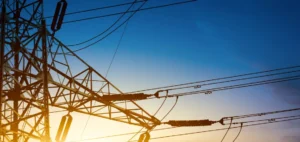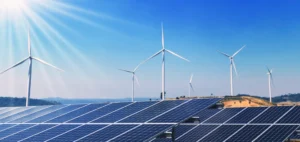Discussions between EDF and key French industrialists face disagreements over long-term electricity contract pricing. These contracts, essential for ensuring stable energy costs, are a major concern for energy-intensive businesses.
Context of the negotiations
Since November 2023, EDF has been offering nuclear production allocation contracts (CAPN) for 15 years, targeting an average price of €70 per megawatt-hour (MWh). This proposal aims to replace the regulated access to historical nuclear electricity (Arenh) scheme, which allowed industrialists to benefit from a tariff of €42 per MWh until the end of 2025.
Industrialists, represented by the Union des industries utilisatrices d’énergie (Uniden), argue that the new proposed tariff undermines their competitiveness against international competitors with lower energy costs. They have expressed concerns about their ability to maintain operations in France under these conditions.
EDF’s initiatives and reactions
On March 6, 2025, EDF announced the opening of its CAPN contracts to European companies consuming more than 7 gigawatt-hours per year, via an auction system. This initiative aims to expand the customer base beyond French borders and diversify revenue sources.
This move has been perceived as additional pressure on French industrialists, who see increased competition for access to nuclear electricity at competitive rates. Uniden expressed disappointment with this strategy, calling it “incomprehensible” within the ongoing negotiations.
Government position
The government, EDF’s majority shareholder, has voiced concerns over the lack of agreements reached with national industrialists. It is urging both parties to find a balanced solution that preserves industrial competitiveness while ensuring EDF’s economic sustainability.
Negotiations are ongoing, but tensions remain high. Industrialists are expecting more attractive pricing proposals, while EDF must balance its financial imperatives with the expectations of its long-standing clients.






















